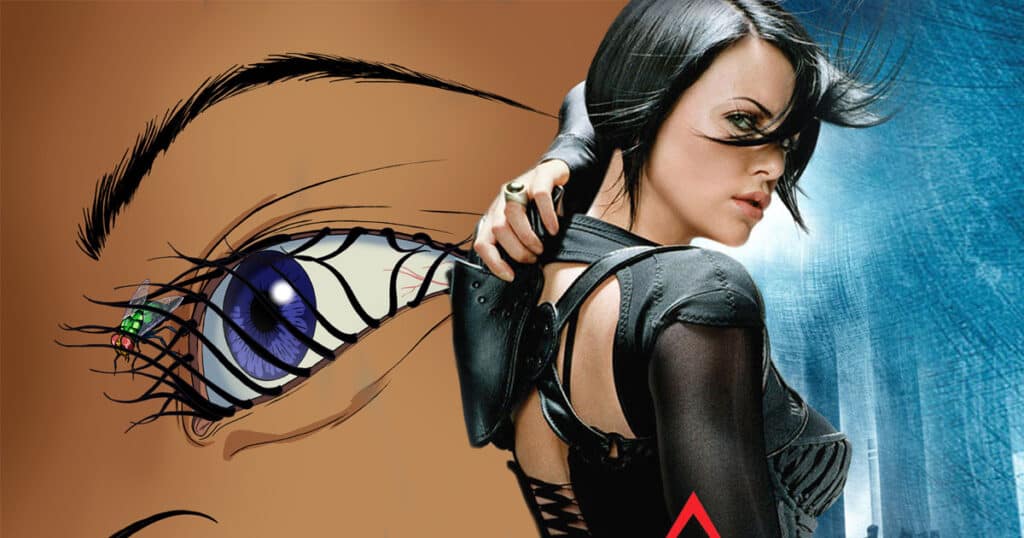
Insomniacs of the MTV Generation will have no trouble remembering the network’s late-night animated anthology show Liquid Television. Home to various animated shorts, Stick Figure Theater, Dog-Boy, and the antics of Office Space‘s Milton Waddams, the Heavy Metal-like series also featured Aeon Flux, a sexy science-fiction story with a radical approach to action and intrigue. In 2005, Paramount Pictures pooped out a dreadful adaptation of Aeon Flux starring Charlize Theron, Frances McDormand, Marton Csokas, Johnny Lee Miller, and more. Directed by Karyn Kusama (Jennifer’s Body, Yellowjackets), the movie was panned by critics, flopped at the box office, and Theron knew the project was doomed to fail before it hit theaters.
Speaking with The Hollywood Reporter, Theron waxed rhapsodic about how appearing on Arrested Development helped save her career after starring in Aeon Flux. “It was one of the scariest things, to walk onto a set of a show that’s so developed and so brilliant. But I think I needed that, to put myself out there in a different way, because people thought of me as someone who was fucking depressing,” Theron explained to THR. “I just fucking loved that show, and this is going to sound so ‘poor me,’ but I do feel like sometimes, as women, we get one shot, and I knew that [the 2005 action flick] Aeon Flux was going to be a fucking flop. I knew it from the beginning. That’s why I did Arrested Development.”
Theron played Rita Leeds, Michael Bluth’s (Jason Bateman) British love interest in the third season of the laugh-out-loud sitcom. The season’s airing coincided with the release of Aeon Flux, serving as a cushion for the oncoming storm of complaints about Kusama’s adaptation of Peter Chung’s wickedly cool science-fiction stunner.
Theron says she tried to save Aeon Flux “until the bitter end.” However, the roots of poor planning ran deep, and “the answers for how” to clean up the mess eluded her.
“I definitely knew we were in trouble. I wasn’t a producer on it, and I didn’t really have the experience to say what I believe Tom Cruise has maybe said for the past 20 years, which is, ‘Shut this shit down, get four more writers on it, and let’s figure this out.’ Instead, I’m going, ‘Oh God, I’ve just got to get through this day. I have bronchitis, but let’s keep shooting,'” she said. “Now I imagine all these male actors going, ‘Shut it down for six months!’ And it’s like, fuck, no one told me that was an option.”
In addition to coming off as a mediocre adaptation of the source material, Kusama’s film was hammered with accusations of whitewashing the animation’s main character, Aeon Flux. Looking back on the experience, Kusama expressed regret about the final product in a 2016 Buzzfeed interview, saying, “There was a sense everyone was in the dark about what does it mean to be a woman behind, at the time, what was a very high-profile assignment,” she said. “It had been budgeted at something insane that the studio didn’t want to make it for, like, $110 million. And so they said, ‘Can you basically make it for half that?’ But that was still a really big movie to be my second movie, and a really big movie to be any woman’s movie,” said Kusama.
“I felt like I was having, like, open-heart surgery without the painkillers,” Kusama confessed. “This is where gender plays a part. This is where big personalities and power and influence really make a difference. Because I just didn’t have anyone who could advocate for why it was important that they treat me better. There are so few playbooks to go by in my situation. It was kind of like I was in this primeval forest.”
Thankfully, both Theron and Kusama recovered from the lackluster experience of Aeon Flux and probably learned some valuable lessons along the way.







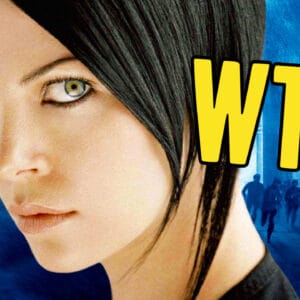

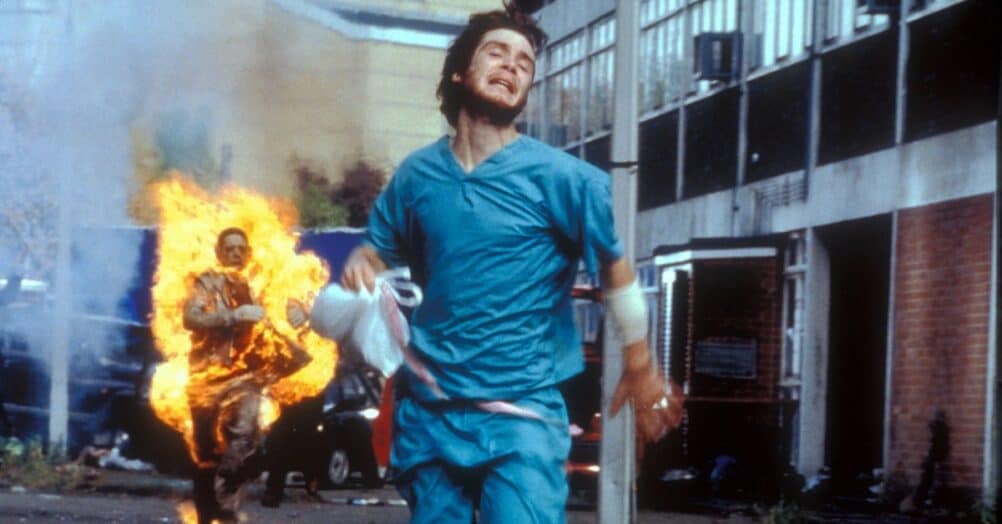

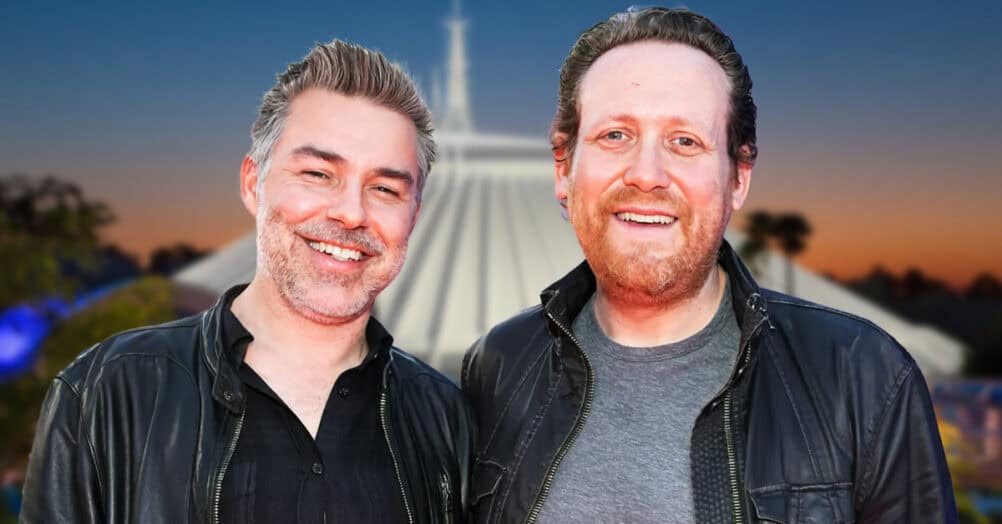
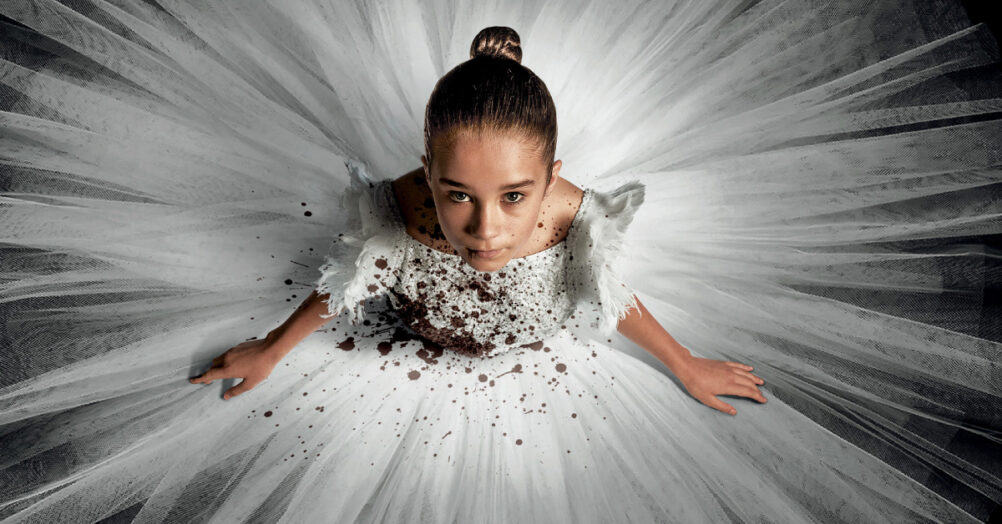
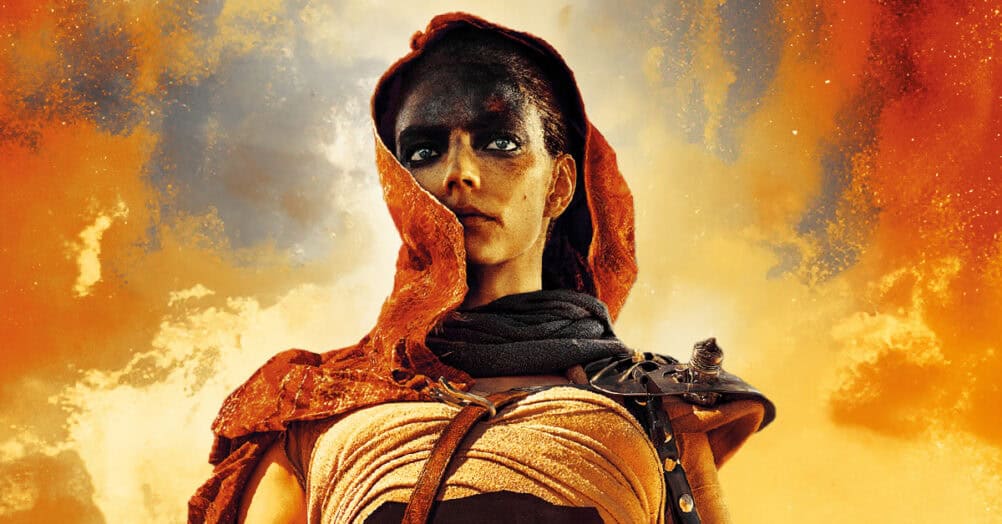
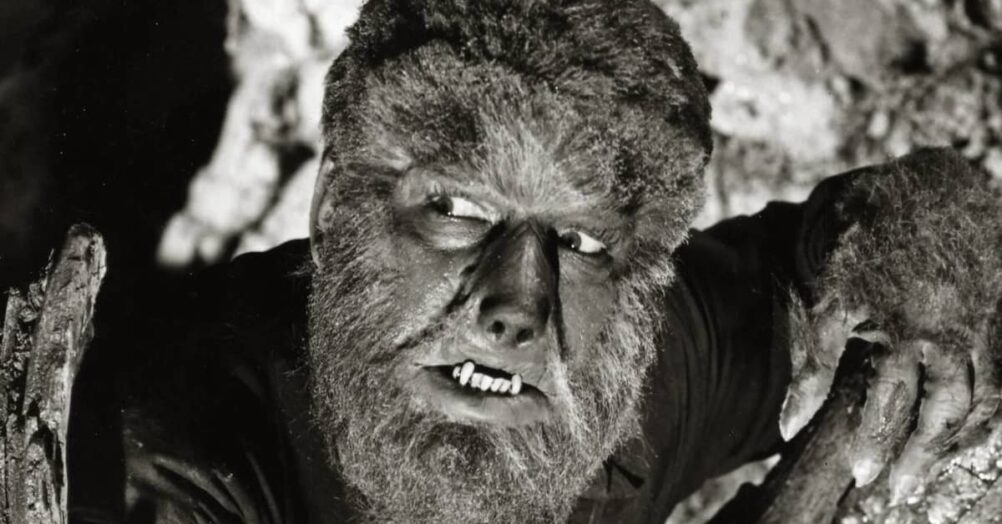
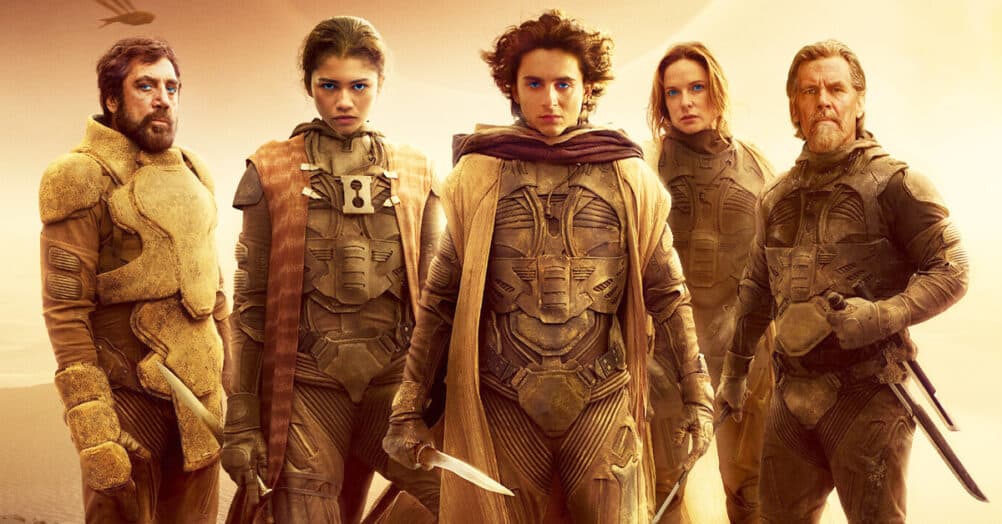
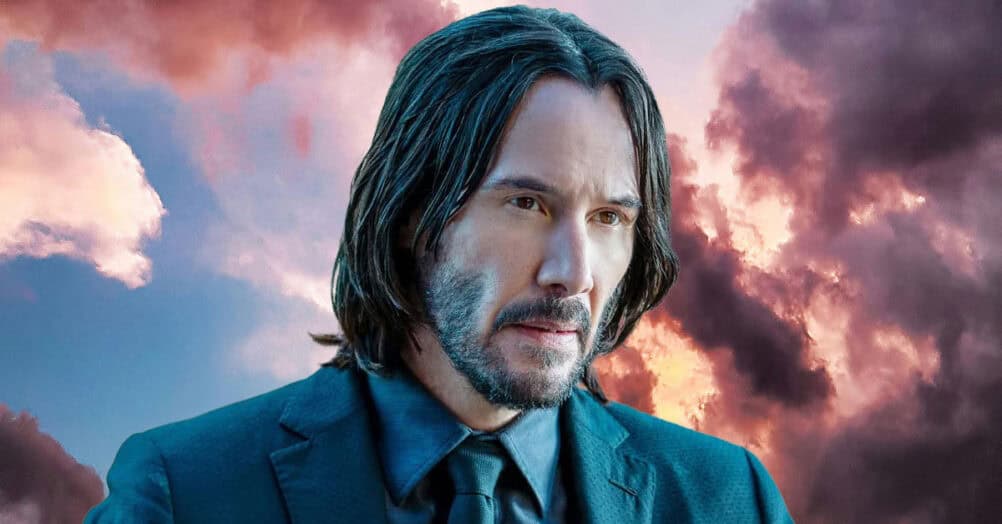
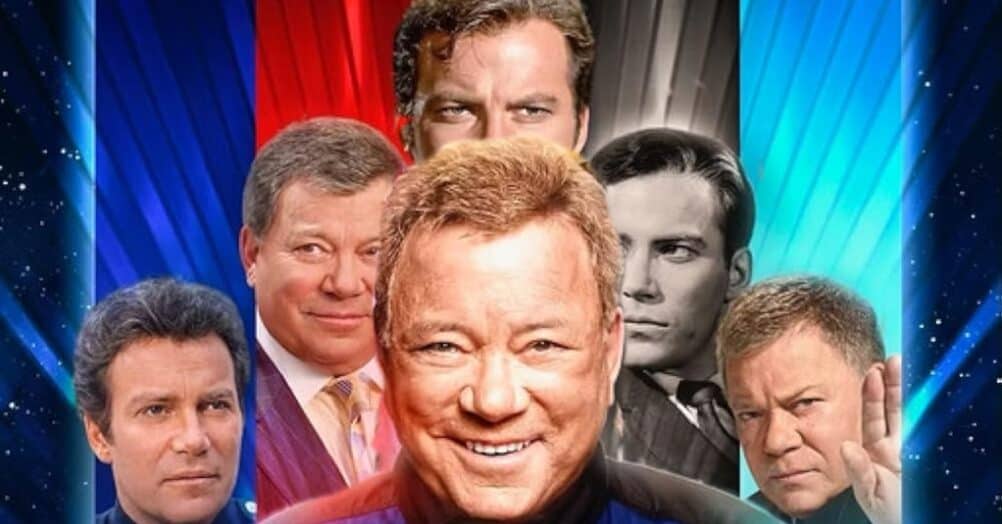

Follow the JOBLO MOVIE NETWORK
Follow us on YOUTUBE
Follow ARROW IN THE HEAD
Follow AITH on YOUTUBE